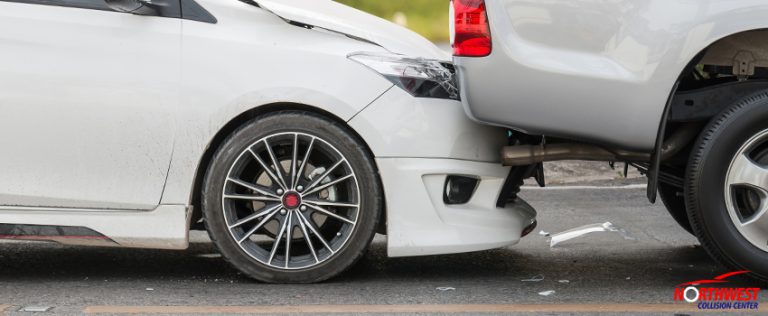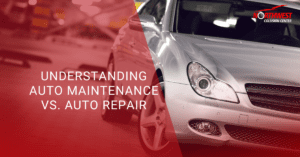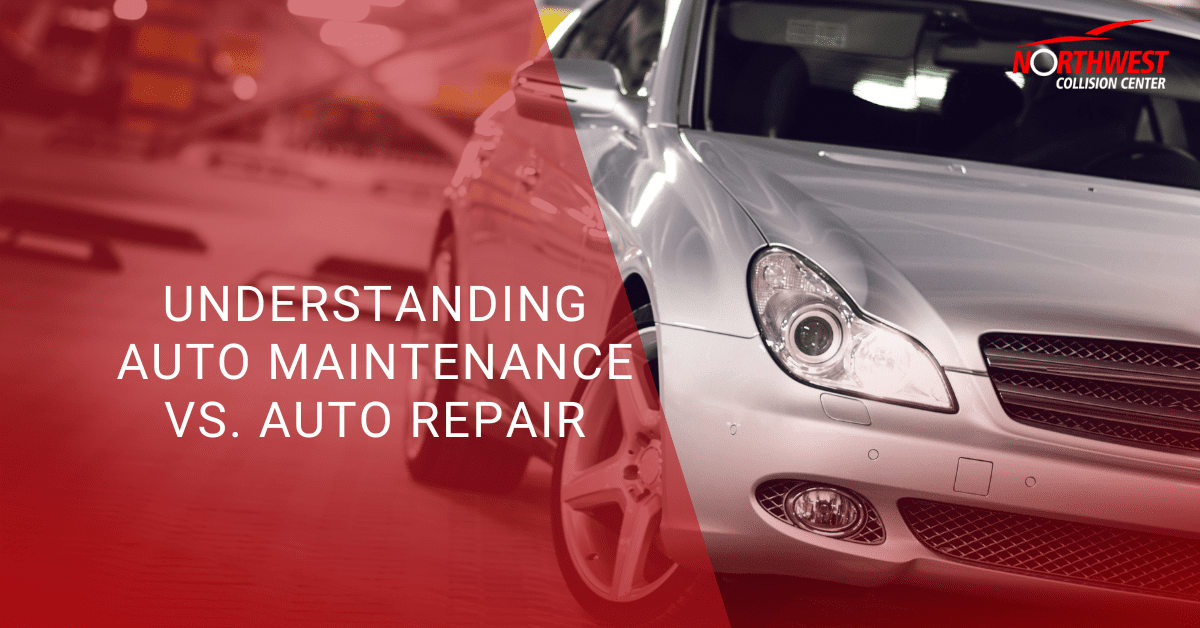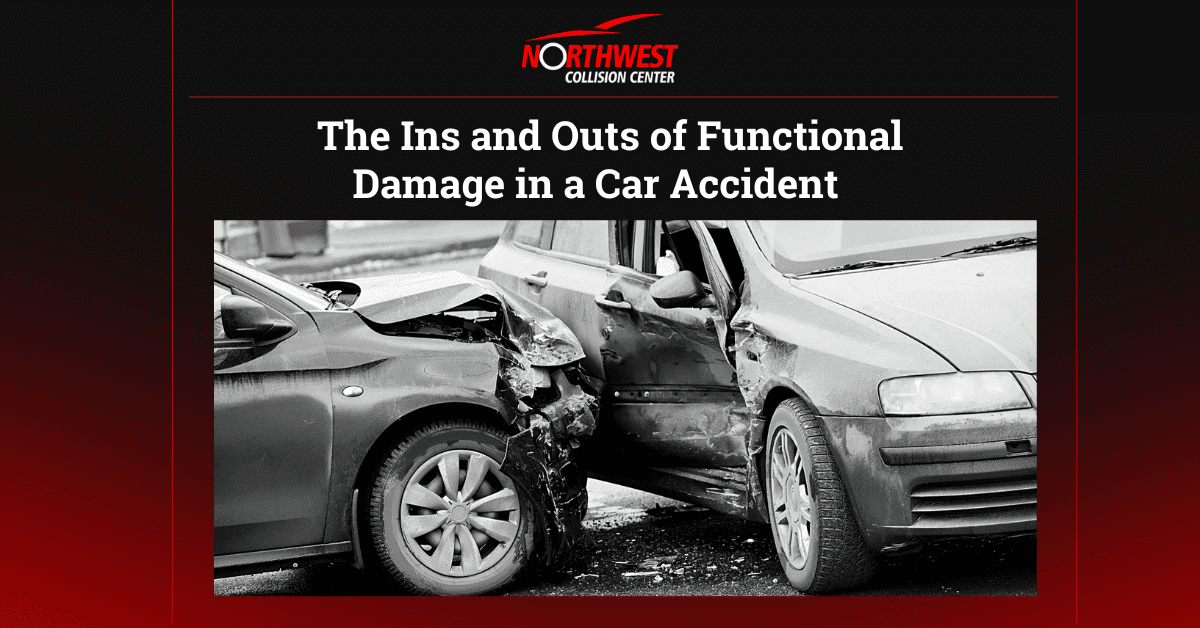If you are a new driver, you’ll understandably feel nervous about driving on wide-open roads. However, accidents happen no matter how careful we are. As novice drivers, sometimes we find ourselves on little mishaps known as a “fender bender.”
Although fender bender is quite a common term, not everyone is sure what it means. This is a minor accident involving two cars. However, the definition of “minor” accidents is still debatable, depending on who you ask.
Fender benders are among the most common vehicular accidents. In the United States alone, there are about 1.7 million cases each year, with rear-end collisions making up 32.5% of the total vehicular accident as was surveyed in 2019.
Why Do Fender Benders Happen?
There are moments when we can admit to ourselves that we are not 100% paying attention when driving. There can be numerous reasons for that: you can be thinking about where to eat, or you can be thinking about your problems, or if you are a novice driver, you are anxiety-driven. 87% of the rear-end collisions or fender benders happen because a driver wasn’t paying attention. Here are the common situations to avoid:
- Stop and Go – This happens when the vehicle in front stops for a red light while the vehicle at the back is not aware. Or it can also happen when the vehicle at the front is not paying attention to the red light and abruptly stops.
- Tight Spaces – Fender bender damage usually happens in parking areas where there are tight spots. If a car is not properly parked, the following car can hit the sides, causing the side view mirror to be removed and damaged.
- Bumper Car – Fender bender damage to the bumper is fairly common, especially in busy parking lots. When a driver is not aware – especially in a dark parking lot – of its distance from the next car, there is a high chance for an accident to occur.
- While Getting Out of a Building – Sometimes, when we think the road is empty, we tend to push the pedal to the metal, and this can lead to a fender bender when another car surprises us. This fairly common accident happens when a car coming out of a building or a parking lot is not aware that there is an oncoming car.
What to Do When in a Fender Bender?
Accidents like these are fairly common, especially on busy roads. Here is a list of what you can do in case you find yourself in this situation:
1. Stop the Vehicle
Immediately pull over. Take your car to the side of the road where it cannot disrupt traffic, and turn on the hazard lights. Check if your car has taken too much damage. If that is the case, get out of the car immediately and leave your car where the accident happened.
2. Remain Calm
After successfully taking your car to the side of the road, give yourself a few minutes to process what happened. Take this opportunity to check yourself if you have any bruises or injuries. Calmly check if the other driver is hurt as well.
3. Check for Hazards
This is the most important part of dealing with fender bender damage. Do a quick visual sweep of the damages inside and outside the car, and make sure that there is no other property damaged. When you smell a gas leak, it is best to stay away from the vehicle as soon as possible.
4. Notify the Traffic Police
At this point, you have no choice but to call in the cops. They will be the ones to assess the situation and provide you with the appropriate steps to follow to resolve the problem. The police will also act as the mediator between you and the other driver to prevent road rage and misunderstandings. The traffic police can also give advice on what to do in a fender bender with no damage.
5. Obtain Driver Information
If you are the victim, it is highly recommended that you get the information of the driver that caused the fender bender. This will be extremely helpful, especially if the damage brought to your car is huge. Ask for the driver’s full name, address – both personal and employment address – and their cellphone number and e-mail address.
6. Assess the Car For Fender Bender Damage
Once you report the fender bender damage to the police and come to an agreement with the other driver, give your vehicle a quick run-through. Look for large dents and leaking fluid as well as abnormal engine sounds. Take note of these damages, where the accident happened, and take a picture of each to show the insurance company.
7. Call the Insurance Company
After the accident, take note of the damages and call your insurance company. This can help in your insurance claim for fender bender damage. Your insurance company will ask you to relay how the accident occurred. Spare no details of what happened. The insurance company will then give you instructions on what to do next and get an estimate for the damages.
Tips to Avoid Fender Bender
Now that you know what to do when faced with fender benders, it is now time to learn how to avoid it. Dealing with minor accidents can be nerve-wracking and stressful. Follow these steps to avoid accidents and more major mishaps.
1. Practice Defensive Driving
Defensive driving is a way to protect one’s self from accidents and other drivers – especially drunk drivers. Driving on a defense mode can minimize fender benders and prevent lethal collisions. Here are some tips on how to be a better defensive driver:
- Plan Ahead – You may have heard your driving instructor say that a good driver always starts at home. This is true. Always check the weather and your car. Check whether or not your tires are in good enough condition to drive certain distances and take extra precautions when going up highway ramps and tight turns.
- Always Scan Your Surroundings – Although this feels like common sense, a lot of road accidents happen because drivers are too focused on getting where they need to be and forget to be mindful of their surroundings. Check your side mirrors and the rear-view mirror to ensure that the coast is clear before making a turn or parallel parking.
- Brake Early – In defensive driving, you always have to make sure that there is ample space between you and the car in front of you. Hitting the brake early will definitely avoid collisions and other accidents, especially when you are on a slippery road.
- Avoid Road Rage – Road rage is far too common on busy roads, and this heightens the tension during fender benders. Defensive driving is the opposite of road rage. Never let another driver’s rage rub off on you.
2. Turn Off Your Smartphones While Driving
Notifications from social media apps or messages from friends can easily distract us while driving. Keep your eyes on the road at all times and, if possible, turn off your smartphone. If you need your phone for GPS, connect it to your speaker, so you won’t have to fiddle with it while you’re driving.
3. Pay Attention to Traffic Signs
This is a basic driving protocol. However, traffic signs are often ignored, especially on wide roads. Driving through wide roads can often give us an illusion of freedom. Admit it, sometimes you want to take the challenge of how fast your car can go and how you can drive carelessly on a wide, empty road. However, this can be quite dangerous, especially when your attention starts to drift and you ignore traffic signs.
4. Avoid Tailgating
Tailgating happens when a vehicle drives too close to the vehicle in front of it. This warning is commonly used on open roads where trucks are passing through. However, this can be useful as general driving etiquette to avoid a fender bender.
5. Drive Cautiously During Rainstorms
When it’s raining cats and dogs, the best option is to stay indoors. However, if you must go out despite the pouring rain, make sure to drive slowly. Roads are slippery when wet, and there are high chances of accidents occurring during a rainstorm.
Northwest Collision Center Can Help You With Fender Bender Damage
If you are looking for a service provider for auto body repair in St. Petersburg, FL, that can help with fender bender damage, Northwest Collision Center is your best bet. With 61 years of experience in auto body repair, you can be sure that your car will be handled by skilled professionals. Book your appointment now!










